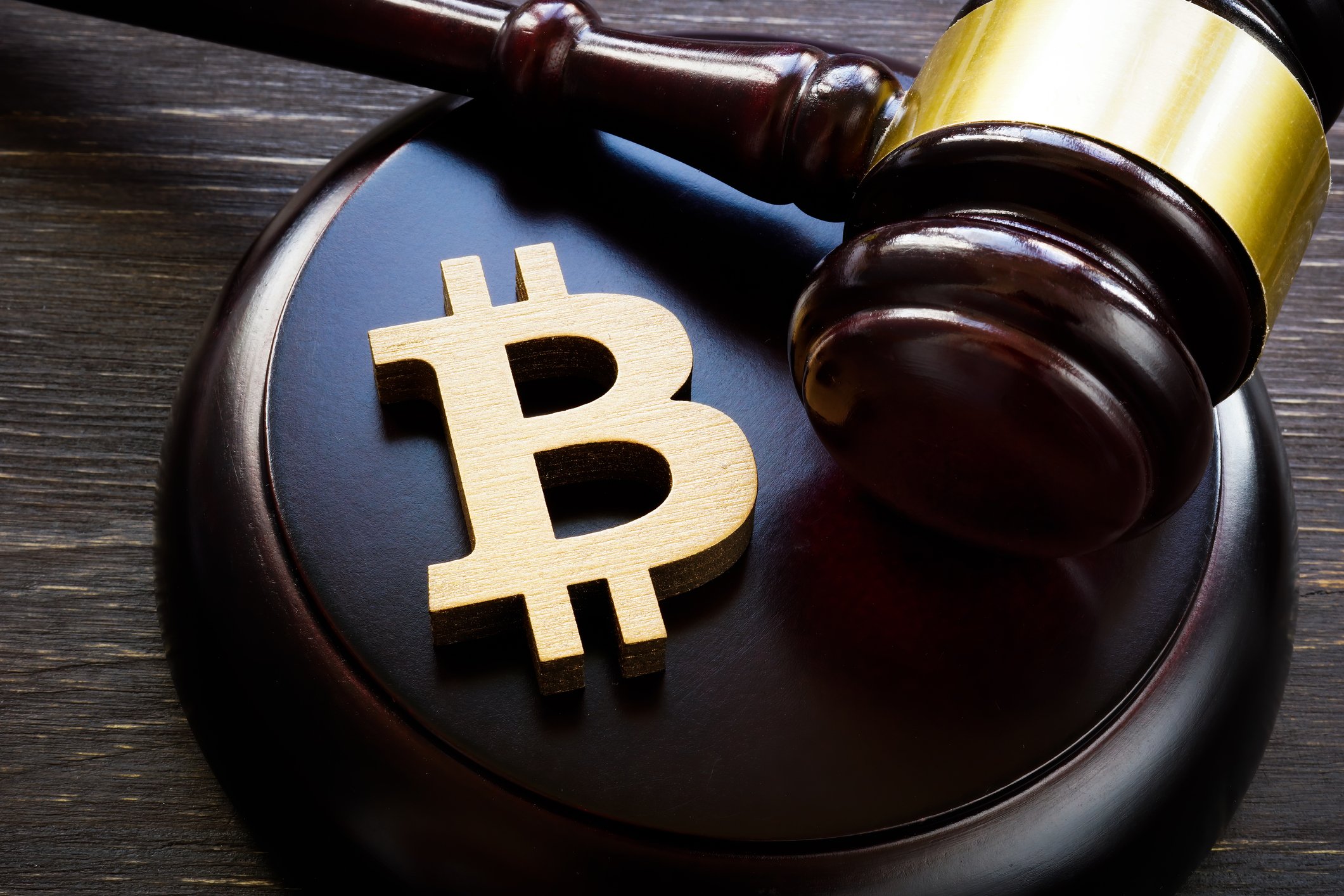Bitcoin (BTC 1.71%) doesn't always follow the same set of rules as traditional assets -- nor do its holders. Sometimes, this results in entire trends that shouldn't be possible that end up being reality.
In Bitcoin's case, there's one highly important trend that's picking up speed. It isn't one that most investors would expect. In fact, it goes against some of the ways we imagine that the world works. Let's take a look and understand what's going on here and why it's bullish for Bitcoin investors.

CRYPTO: BTC
Key Data Points
Legality isn't as much of an impediment to adoption as one might assume
Bitcoin and other cryptocurrencies are illegal to buy, hold, mine, or sell in China. That doesn't stop 21.1% of the world's Bitcoin mining power from being based there. Nor does it stop people there from buying and holding it using a handful of legally gray workarounds.
But you'd think that such restrictions would be the final word regarding whether companies would be able to invest in it, and whether they'd be able to market themselves as being solely in the business of buying and holding it, right?

Image source: Getty Images.
As it turns out, these seemingly reasonable assumptions are incorrect, with substantially bullish implications for Bitcoin.
In mid-May, the mainland Chinese logistics company Addentax announced that it'd be investing $800 million in buying cryptocurrencies, including an estimated 8,000 Bitcoin. Another company, DDG Enterprise, said in the same period that it'd be building a reserve of around 5,000 Bitcoin. Others have announced similar initiatives too.
While regulations are somewhat more permissive in Hong Kong as compared to the Chinese mainland, the regulatory status of cryptocurrency there is still not entirely independent from the whims of the mainland's regulators, nor is it entirely clarified regarding the legality of different cryptocurrency business models. That makes it a bit surprising to see businesses there branding themselves as Bitcoin treasury companies, as HK Asia Holdings did in late March.
For reference, those treasury businesses aim to generate returns solely via the accumulation and timely sale of Bitcoin, which makes it an ambitious operating model in areas where the default stance of regulators is to be very skeptical toward cryptocurrency at best.
The context matters here
The trend of Chinese companies investing in Bitcoin -- despite its unclear legal status -- is thus one more driver of higher prices for the coin, at least for as long as it lasts.
It's possible that these operators will be forced to liquidate their holdings or have them seized if there's a regulatory crackdown. On the other hand, they may be frontrunning the expected loosening of regulations that might fully legalize the cryptocurrency industry in China. Either way, they'll be taking some of the coin's floating supply off the market and onto their balance sheets in the meantime. Buyers will need to bid more to secure their target allocations; more of the coin will be demanded for purchasing than what's mined on a daily basis.
The price of Bitcoin is likely to continue rising over the next few years as a result. That's before even taking into account all of the other beneficial global trends driving its price higher right now. I'm talking about sovereign adoption into reserves, corporate adoption, and adoption by institutional investors, not to mention states and municipalities that are opting to buy and hold the coin. Those holders are going to prefer long retention times rather than quick sales, so the supply situation is only going to become more constrained.
Remember, there can only ever be 21 million Bitcoin, and a lot of the biggest holders of capital in the world are looking to get their share.
Apparently, that desire is strong enough to prompt at least some of them in China to ignore laws saying that they aren't allowed to have one. Independent of everything else, that sends a very clear signal that the underlying asset is, in all probability, extremely valuable in the long run.






